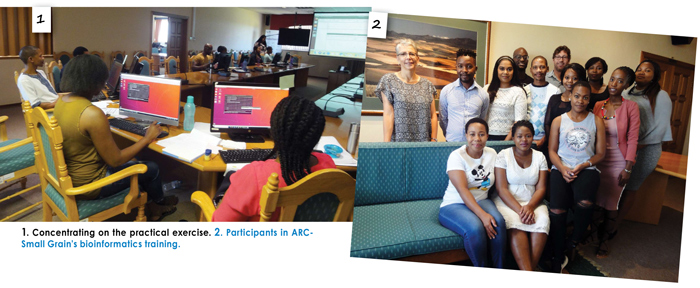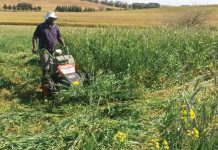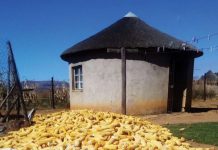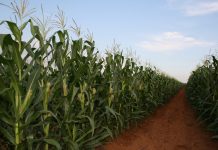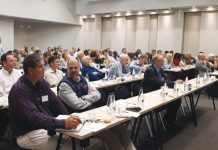The revitalisation of the wheat industry in South Africa is high on the priority list of many role-players in the industry and one avenue to expedite this is through focused scientific research.
During the first week of February, ARC-Small Grain was privileged to take part in the Bioinformatics and Wheat Genomics II Workshop that was held in Worcester as a result of support from the United Kingdom (UK) Science and Innovation Network (SIN) South Africa.
Ms Lavinia Kisten, a PhD student associated with the pre-breeding division at ARC-Small Grain in Bethlehem, attended the training. The workshop was organised by Dr Renée Prins (CenGen and Stellenbosch University) and Dr Diane Saunders (John Innes Centre, UK), with funding from the UK SIN South Africa covering costs related to the actual hosting of the workshop.
What is bioinformatics?
Bioinformatics is a broad term which encompasses the use of statistics and computer science to interpret extra-large data sets of genetic and corresponding biological information. Expertise in the field of bioinformatics has become indispensable in most genetic or genomic research and applied approaches, exactly the kind of skills required to move South African wheat breeding to where it needs to be.
The requirement for people with these skills has exceeded the level and rate at which plant genomics scientists are being trained in bioinformatics in South Africa. This workshop provided much-needed hands-on training in bioinformatics, wheat genomics and sequencing technologies and was led by leading UK experts that are highly competent researchers and experienced trainers in these fields.
Dr Burkhard Steuernagel (John Innes Centre, UK), Dr Robert Davey (Earlham Institute, UK) and Dr Saunders designed a series of lectures and practical exercises to allow the participants to explore different types of bioinformatics analyses. Although this is a relatively new field to South Africa, the workshop could not have been held at a better time, following shortly on the recent publication of the fully annotated wheat genome.
The 17-gigabase-pair wheat genome is five times larger than the human genome and it took the International Wheat Genome Sequencing Consortium (https://www.wheatgenome.org/) which was established in 2005, until August 2018 to produce the full reference sequence of the cultivar Chinese Spring.
This remarkable resource is now available to wheat scientists around the world and ARC-Small Grain is ready to dive into this exciting new challenge. Thanks to the encouragement, excellent tutorials and other resources provided by the UK-based experts who led the Wheat Bioinformatics Workshop in Worcester, it was easy for Lavinia to provide feedback and share what she had learnt with other scientists at the Bethlehem ARC-Small Grain Campus.
Follow-up workshop
Barely a month after attending the workshop in Worcester, ARC-Small Grain held a follow-up workshop from 18 to 20 March 2019. During this workshop, the basic principles and content of the second bioinformatics course held in Worcester were transferred to twelve ARC scientists who will be using bioinformatics in future.
ARC-Small Grain personnel who attended the workshop ranged from MSc students to established researchers who all agreed that they had learnt valuable skills which would be very useful in future research. Most participants indicated that they would be interested in attending more such training opportunities in future.
We are delighted to have benefitted from this initiative, but we are also proud that within the bigger picture we have contributed to the uptake of these skills by African researchers. This initiative sets us on the path to implement bioinformatics in our research programmes. We look forward to applying these skills to generate improved wheat cultivars for South Africa and trust that the links that have been established between the experts in the UK and South African scientists will prove fruitful for many years to come.
